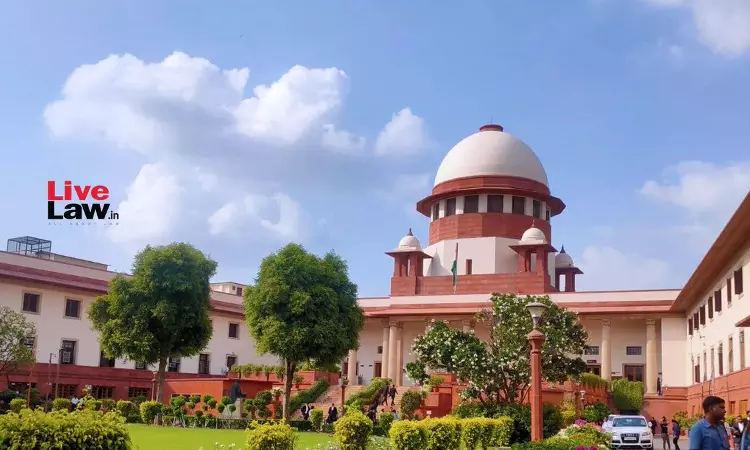'Vigilantism Not Permissible': Supreme Court Seeks Data From Govts On Action Taken To Stop Mob Lynching
Suraj Kumar
11 July 2023 9:00 AM IST

Next Story
11 July 2023 9:00 AM IST
"Vigilantism is not permissible, needs to be checked", orally observed the Supreme Court on Monday while asking the States to share data regarding mob lynching cases.A bench comprising Justice Sanjeev Khanna and Bela Trivedi was hearing the Tehseen Poonawalla case in which the Supreme Court in 2018 had issued several directions to the Union and States regarding measures to prevent mob...
